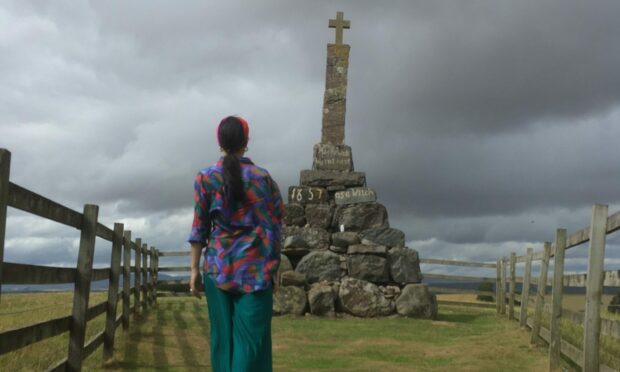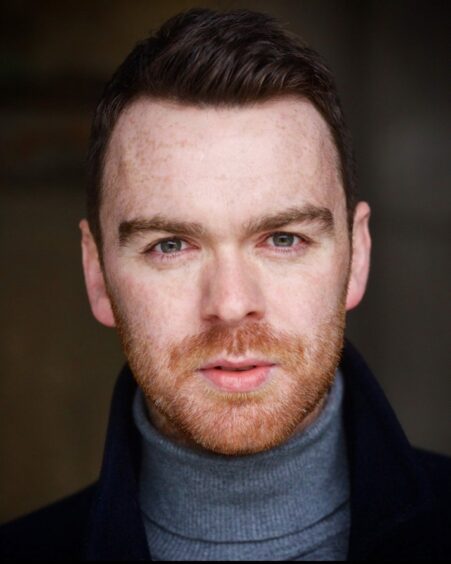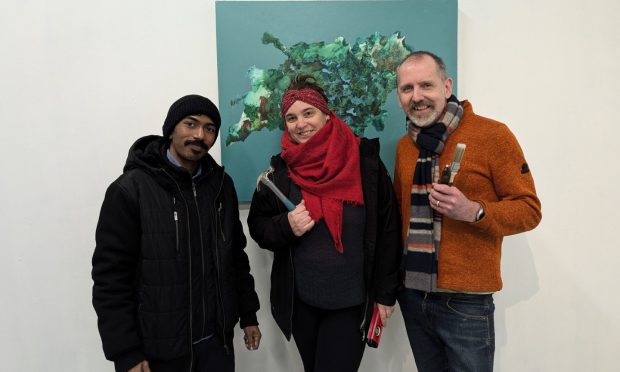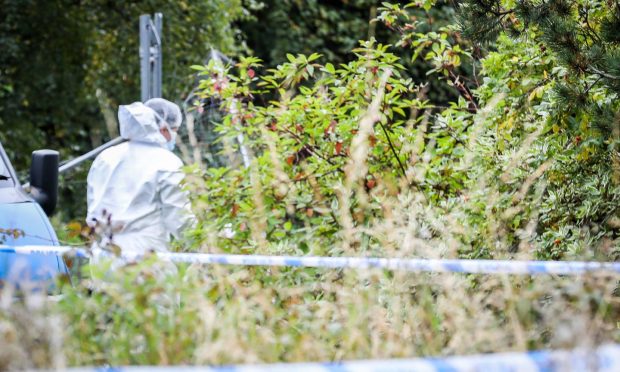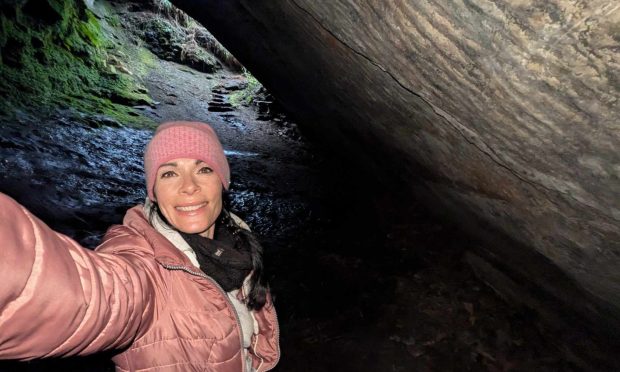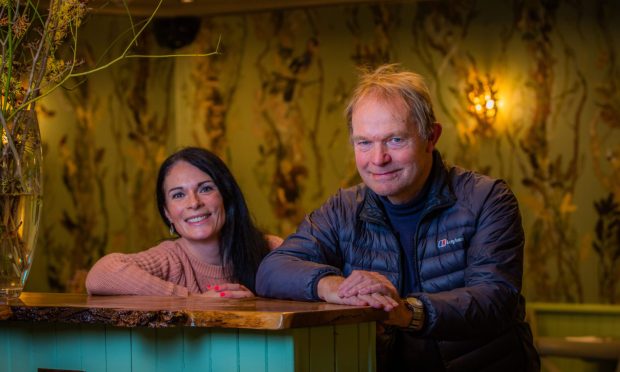Fresh light has been shed on a harrowing period in Scottish history in recent years thanks to campaigners for a legal pardon for the victims of ancient witchcraft laws.
Led by senior lawyer Claire Mitchell, the cause underlines the injustice meted out to those accused of occultism between the 16th and 18th Centuries.
Persecution of witches
Now a new play set to open at Pitlochry Festival Theatre is focusing on the persecution of women branded as witches, drawing on the myths surrounding a chilling Perthshire monument that harks back to those dark times.
Named after Dunning’s ancient cairn dedicated to an executed “witch” and starring Blythe Jandoo, Martin McCormick’s The Maggie Wall is the story of one woman’s exploitation by a closed, patriarchal community.
“She’s targeted by a local man who’s from higher stock,” he explains.
“He’s a bit of an idealist and he suggests that they could be a couple and have a future together, and that it could elevate her out of this life of poverty that she’s got.
Family intervene
“In the position that she is, she’s a woman of the land. His family are local lairds and therefore influential, and when they hear about this it’s speculated that they perhaps jump to conclusions which sets the witchcraft bandwagon rolling.”
In his dramatic monologue, Martin highlights the Kirk’s historical role in the trials, which followed the abolition of the Catholic Church’s jurisdiction in Scotland in 1560.
“The family in question are local nobility or lairds, so there’s a question about religion thrown in there, because a lot of these trials happened post-Reformation but the aristocracy in Scotland were allowed to remain Catholic,” he says.
Power of the church
“That shapes and colours the work. The church held huge sway, and ultimately it was often it that was judge, jury and executioner in these women’s lives.
“When you apply it to the present day events that have influenced the play, the patriarchy still remain front and centre, so in many ways little has changed.
“Maggie is objectified and sought after because of her beauty, which she doesn’t exploit to her advantage.”
Those “present day events” Martin refers to include the shocking kidnap, rape and murder of 33-year-old Sarah Everard by a serving London police officer last year.
“The play was originally going to be part of an anthology piece that Elizabeth Newman at Pitlochry was putting together around ghost stories, and it got recommissioned,” he says.
The murder of Sarah Everard
“She asked me if it could be a much broader piece and it went from being a ghost story to a play about this woman who was persecuted as a witch. It changed because of the killing of Sarah Everard and I was being influenced by that.
“The piece became an opportunity to give Maggie Wall – if she ever existed, because there’s no record of her – a voice and for us to hear her version of events.
“People can put themselves in her shoes and ask the question, ‘how did this happen to me?’, which is often asked by survivors of abuse or sexual assault.
“All around the world there are so many others like Sarah who don’t survive to ask that question.”
- The play runs September 9-29; pitlochryfestivaltheatre.com
